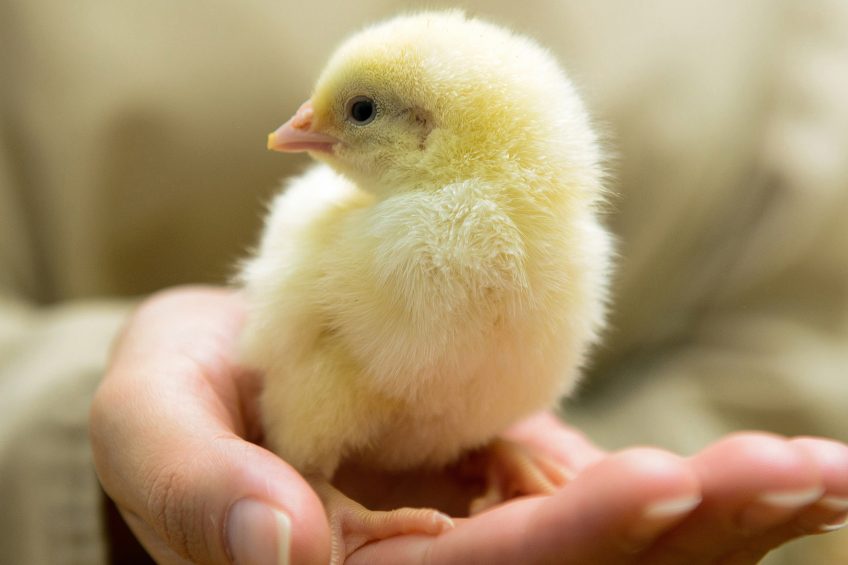UK funding allocated to tackle poultry disease in Asia

Up to £7m of UK funding has been allocated as part of a multilateral programme to tackle poultry and swine disease in Asia.
11 collaborative projects have received funding through the Biotechnology and Biological Sciences Research Council, involving leading UK bioscience researchers and teams in China, Thailand and the Philippines.
Host pathogen interactions, microbiology, epidemiology and disease management and control are issues that will be addressed as part of the research.
The money has been match-funded by the project’s other international partners:
- National Natural Science Foundation of China
- The Philippine Agriculture and Fisheries Biotechnology Programme, Department of Agriculture
- The Philippine Bureau of Agricultural Research, Department of Agriculture
- Thailand National Science and Technology Development Agency.
- The funding comes at a time when swine fever has led to a cull of more than 24,000 pigs in the region and avian influenza and campylobacter continue to pose a significant threat to the poultry sector in terms of economic losses.
Improving food security
It is designed to reduce the economic and human impact of these diseases as well as improving food security.
Professor Melanie Welham, BBSRC executive chair, said the threat to global food security, particularly by swine and poultry disease has never been more acute.
“The launch of these joint projects, which coincides with an alarming outbreak of swine fever in China, demonstrates British leadership in partnership with China, the Philippines and Thailand – multilateral science partnerships in emerging markets where demand for affordable pig and poultry meat is seeing record increases.”
Among the poultry projects are:
- Understanding antigenic diversity, zoonotic potential and immunological prevention of avian influenza viruses, affecting poultry – The Pirbright Institute (UK/China) – £497,995
- Low-cost Portable Molecular Diagnostic Platform for Rapid Detection of Poultry Infectious Pathogens – Brunel University (UK/Philippines) – £614,582
- China/UK/Thailand Programme on Poultry Biosafety for Salmonella, E.Coli and Campylobacter – Cardiff University (China/Thailand/UK) – £1.53m
- Developing of live attenuated vaccine candidates for Newcastle Disease Virus – St George’s University of London (UK/Thailand) – £390K
- Development of a phage food additive with the aim to control Salmonella in swine and poultry – Leicester University (UK/Thailand) – £527K
- Combating avian tumour diseases for sustainable poultry production (UK/China) – The Pirbright Institute (China/UK) – £383K
- Using genomics to trace Salmonella transmission and antimicrobial resistance (AMR) in poultry and swine food chains in the Philippines – London School of Hygiene and Tropical Medicine (Philippines/UK) – £445K
- Rapid diagnostics and control strategies for enteric bacterial pathogens in backyard and commercial poultry production in Thailand and the Philippines – University of Liverpool (UK/Thailand/Philippines) – £733K












